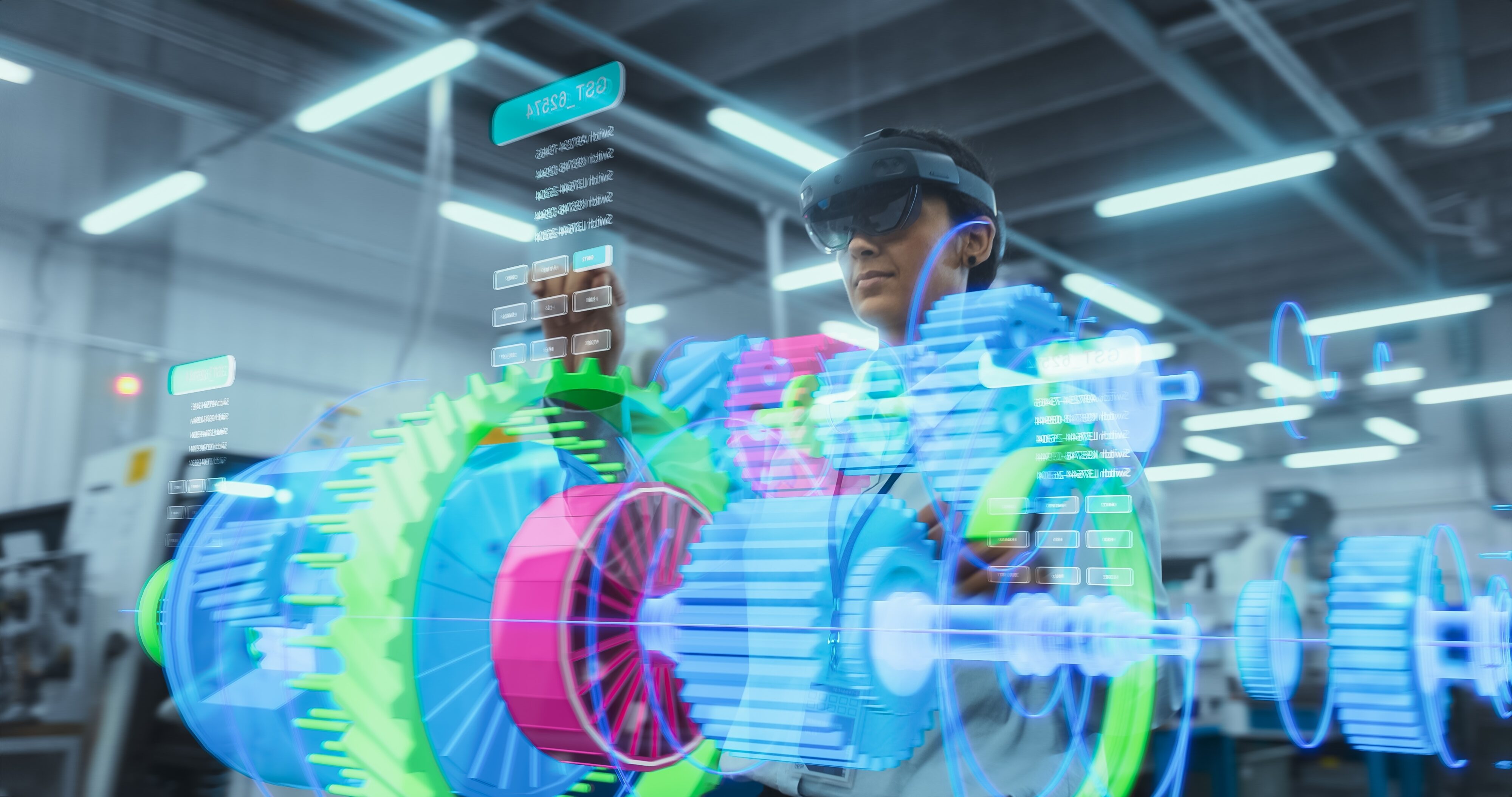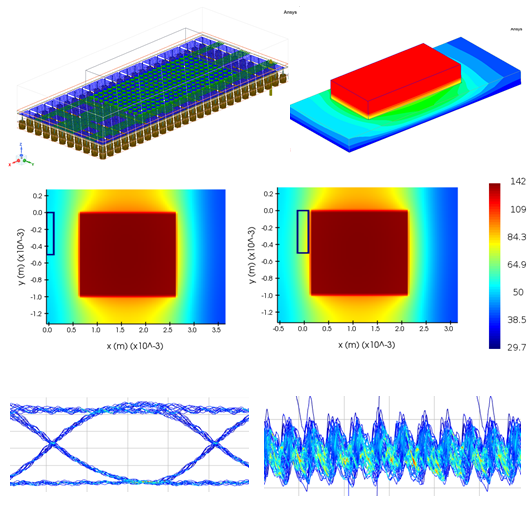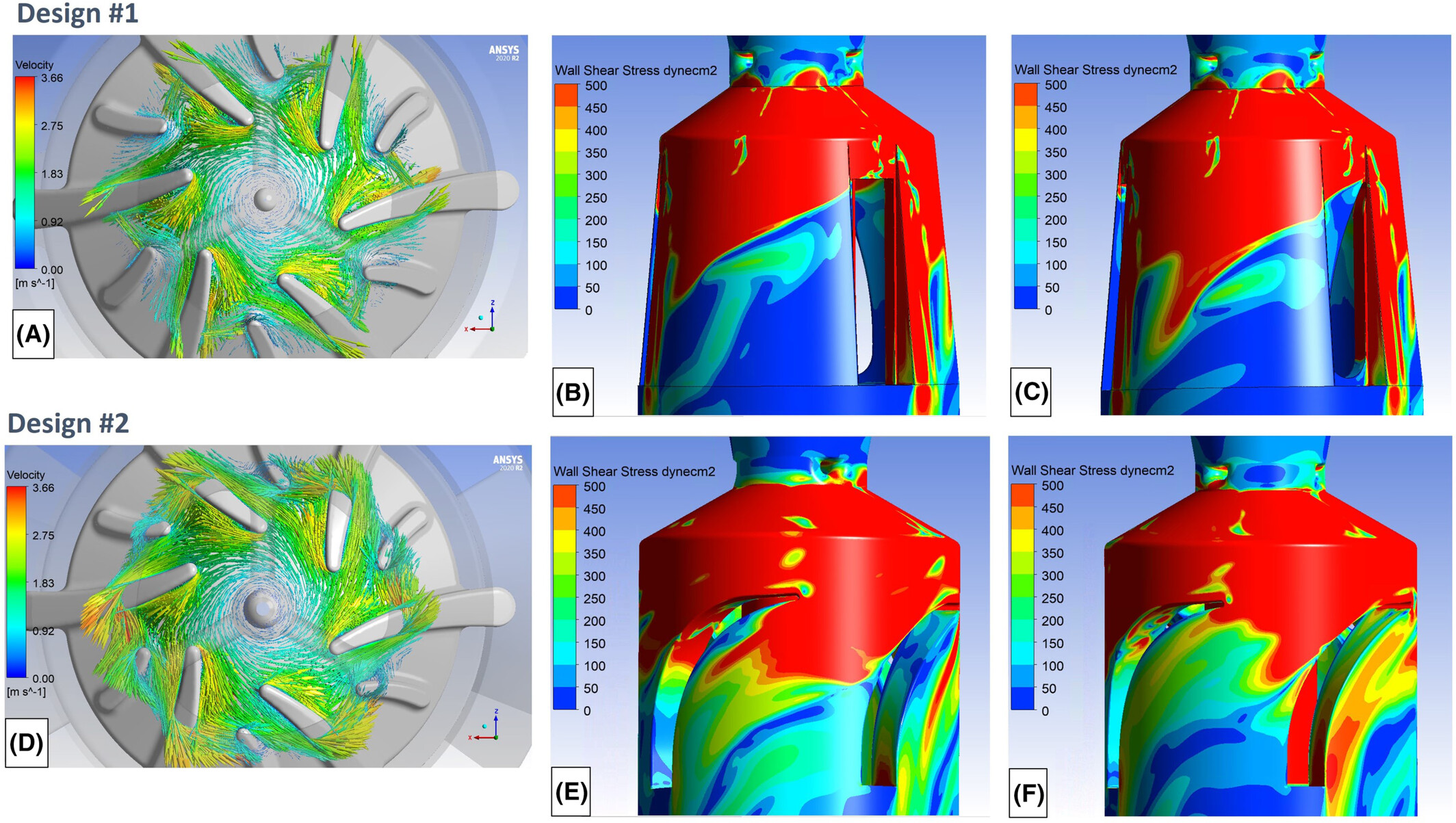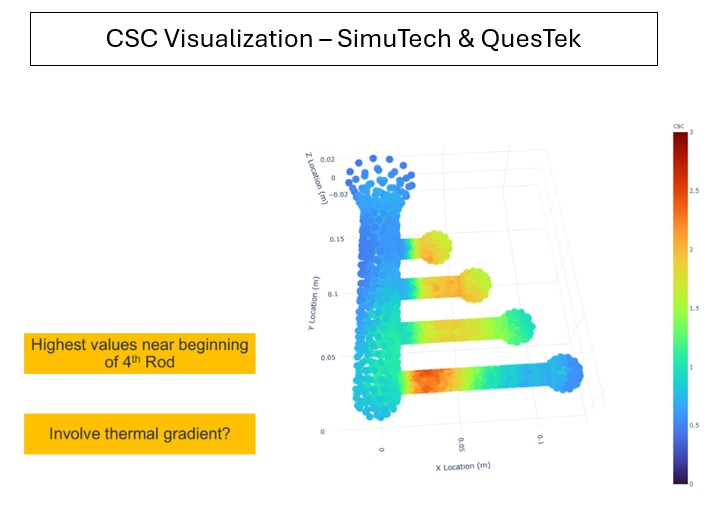Engineering, Evolved: The AI-Driven Simulation Era Has Arrived
The future of engineering is here. Are you able to keep up? As product development grows more complex and timelines shrink, engineering teams are turning to artificial intelligence (AI) to do what traditional workflows can’t: streamline simulation, surface insights faster, and make predictions with unprecedented confidence.
Ansys AI represents this next evolution: an intelligent, embedded layer of machine learning that enhances your simulation software with predictive power and process efficiency. Whether you’re refining a combustion engine, optimizing electric motor efficiency, or iterating PCB layouts for EMI resilience, Ansys AI can accelerate your design loop and improve simulation fidelity.
What Is Ansys AI?
Ansys AI is an integrated suite of capabilities baked directly into Ansys’ flagship simulation platforms. From structural mechanics and electromagnetics to fluid dynamics and thermal simulation, AI now enhances every stage of the product development lifecycle.

Key Components:
- AI-Augmented Solvers: Learn from simulation histories to predict performance or optimize run conditions.
- Intelligent Automation: AI recommends mesh strategies, boundary conditions, or solver settings to reduce setup time.
- Reduced-Order Models (ROMs): Machine learning creates fast surrogate models trained on full-fidelity simulation data.
- Simulation Analytics: Predict system performance trends, failure risks, or tolerance issues using embedded ML algorithms.
These tools are designed to supercharge traditional simulation, providing engineering teams with faster results, higher accuracy, and reduced rework.
5 Ways Ansys AI Enhances Simulation Workflows
1. Faster Simulation with AI-Augmented Solvers
Ansys AI leverages historical simulation data to make predictive adjustments before a run even begins. For example, in structural simulations, AI can anticipate convergence behavior and automatically refine mesh density where it’s needed most. This cuts hours, or even days, off traditional CAE cycles.
2. Smarter Design Decisions through Predictive Modeling
Why wait for a full parametric sweep to understand how a design behaves? With AI-trained reduced-order models, Ansys users can evaluate thousands of design permutations in seconds, freeing engineers to explore bold new concepts without penalty.
3. Automation of Repetitive Tasks
Setting up simulations is notoriously time-consuming and detail-oriented. Ansys AI automates many of these steps, from mesh generation to boundary condition assignment. For teams running hundreds of simulations across product variants, this is a game-changer in efficiency.
4. Democratization of Advanced Simulation
Not every engineer is a simulation expert. But Ansys AI helps level the playing field by providing real-time suggestions and context-aware guidance. Less experienced users can now produce high-quality results faster, and experienced analysts can scale their impact across larger teams.
5. Improved Simulation Accuracy and Trust
AI in Ansys not only reduces time but also increases model reliability. By analyzing historical simulation outcomes, Ansys AI identifies trends and anomalies that may otherwise go unnoticed, reducing the likelihood of overlooked modeling errors.

Why Ansys AI Is a Win for Engineering Teams
For simulation engineers and product developers already familiar with the Ansys ecosystem, AI provides a major upgrade to simulation programs. These capabilities are built into existing Ansys tools like Fluent, Mechanical, HFSS, and others, which means:
- No new software to learn
- No complex integrations to manage
- No disruption to existing workflows
It’s simulation as you know it, but faster, smarter, and more scalable.
Real-World Applications: Where Ansys AI Makes an Impact
Automotive & Industrial Equipment
Design teams running thermal-mechanical simulations on e-powertrain components or combustion systems can benefit from AI-driven meshing and parametric exploration. Cut simulation setup time and accelerate testing of multi-physics interactions.
Electronics & Energy
Whether you’re optimizing a PCB layout or designing a high-efficiency power converter, Ansys AI reduces design cycle time with predictive analytics that anticipate EMI issues, thermal bottlenecks, or signal degradation long before validation.
Aerospace & Defense
AI helps aerospace engineers manage certification timelines by reducing the number of simulation runs needed for structural verification or electromagnetic compatibility (EMC) testing.

SimuTech Group: Your Ansys AI Enablement Partner
Implementing AI into engineering simulation requires adequate know-how to be able to use it effectively. SimuTech Group is your trusted advisor for integrating Ansys AI into real-world workflows.
We offer:
- Tailored enablement plans for integrating AI into your existing CAE processes
- Hands-on training for engineers, simulation specialists, and design teams
- Performance audits and workflow optimization to identify high-impact AI opportunities
- Expert mentoring to bridge the gap between simulation best practices and AI-powered decision-making
Our goal: To help you get more out of every simulation and future-proof your engineering organization for the demands of tomorrow.
Simulation Is Changing. Don’t Get Left Behind
In an era where design cycles are compressed, regulatory pressures are rising, and product complexity is accelerating, AI can be a powerful asset. Ansys AI gives engineers a strategic advantage: the ability to move faster, think bigger, and simulate smarter.
Are you ready to unlock AI-powered simulation? Start your Ansys AI journey today with SimuTech Group.





